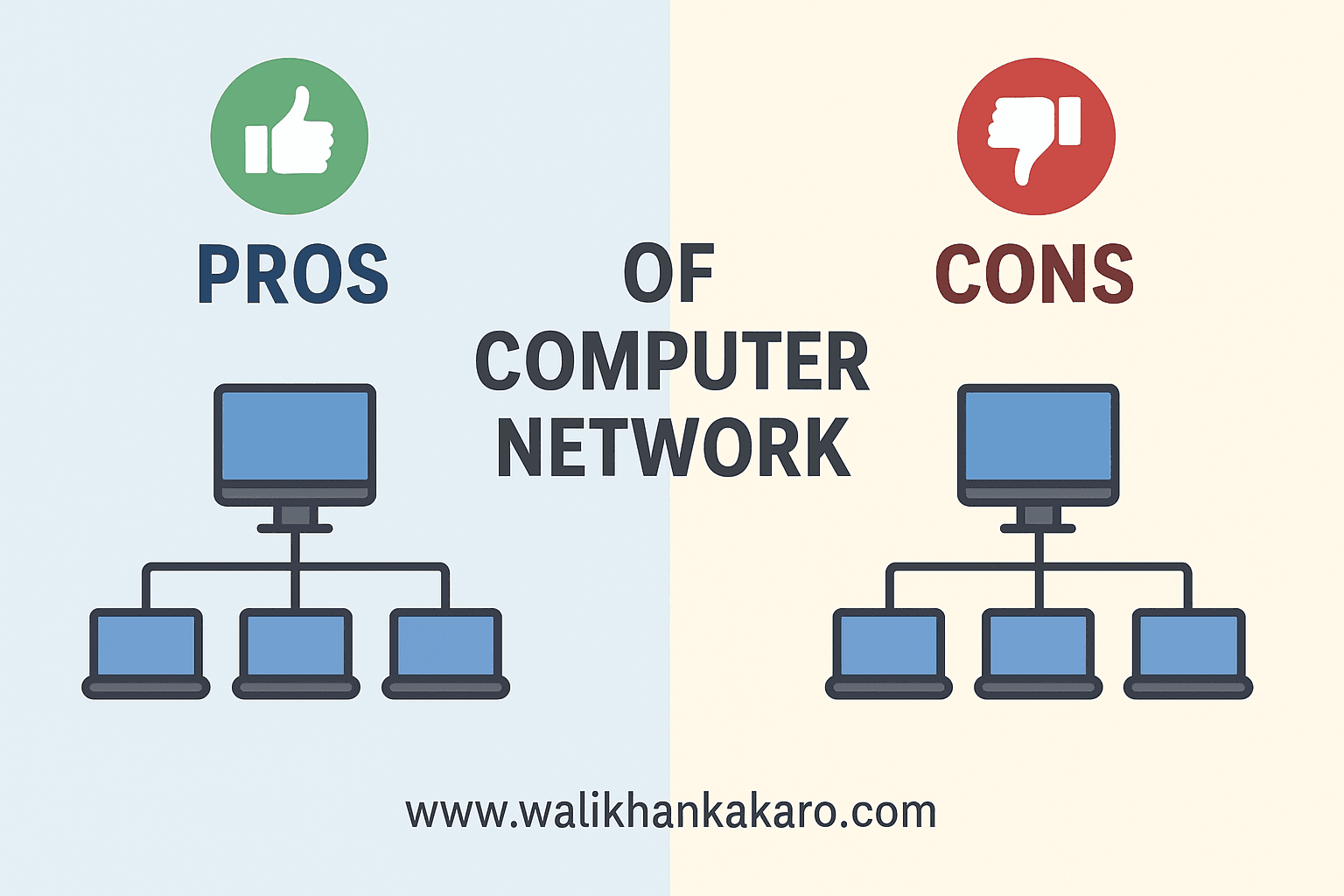Table of Contents
Pros and Cons of Computer Networks
| Pros of Network | Cons of Network |
| Increased efficiency. | Security concerns. |
| Resource sharing. | Maintenance challenges. |

| Pros of Network | Cons of Network |
| Increased efficiency. | Security concerns. |
| Resource sharing. | Maintenance challenges. |